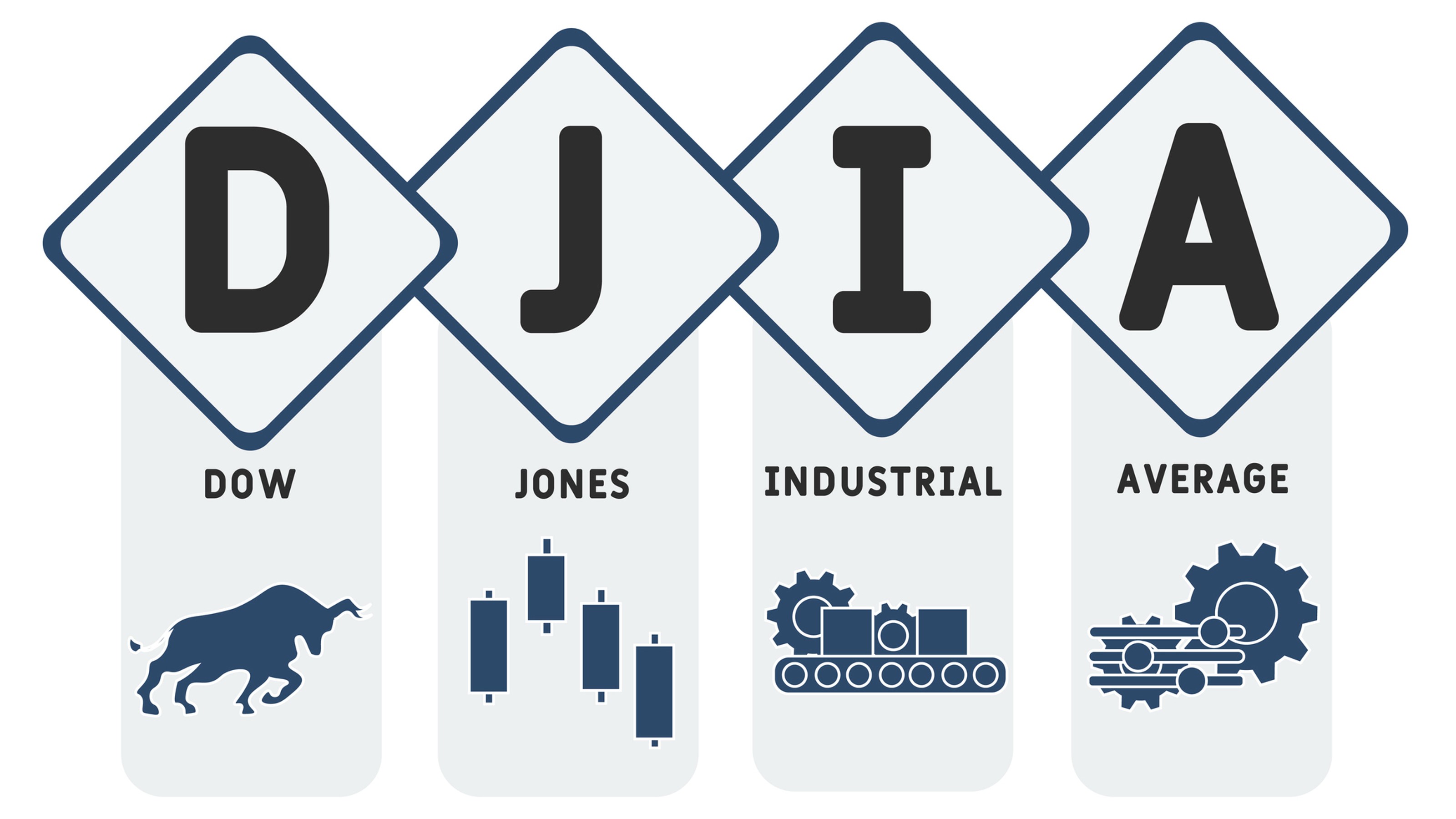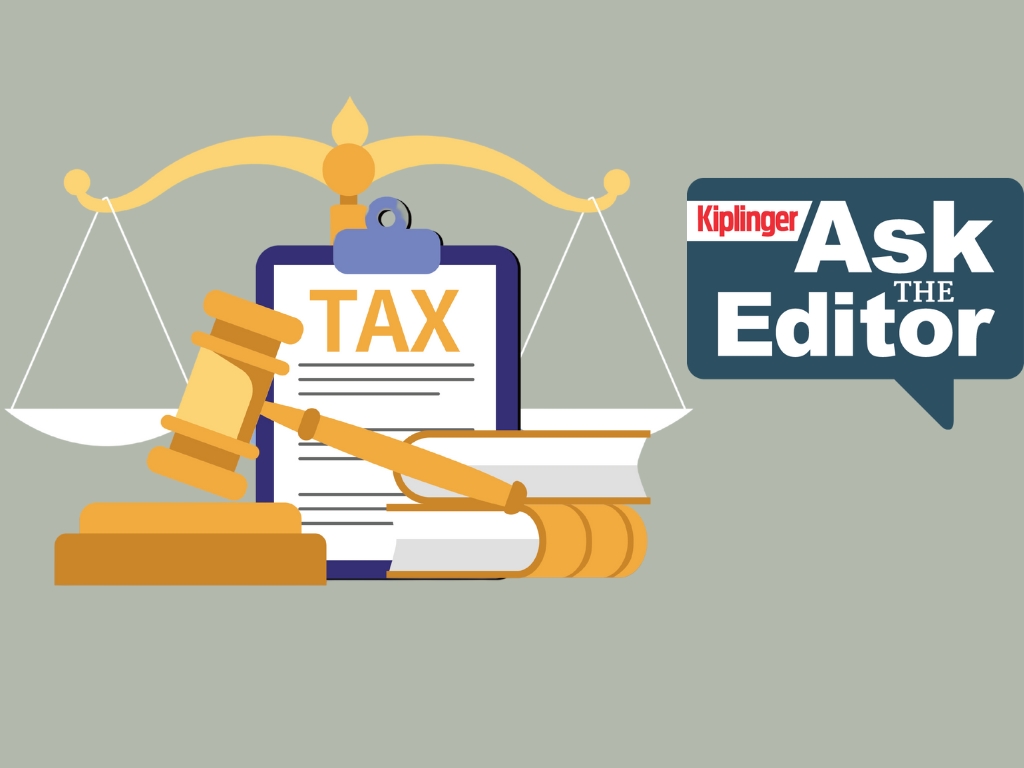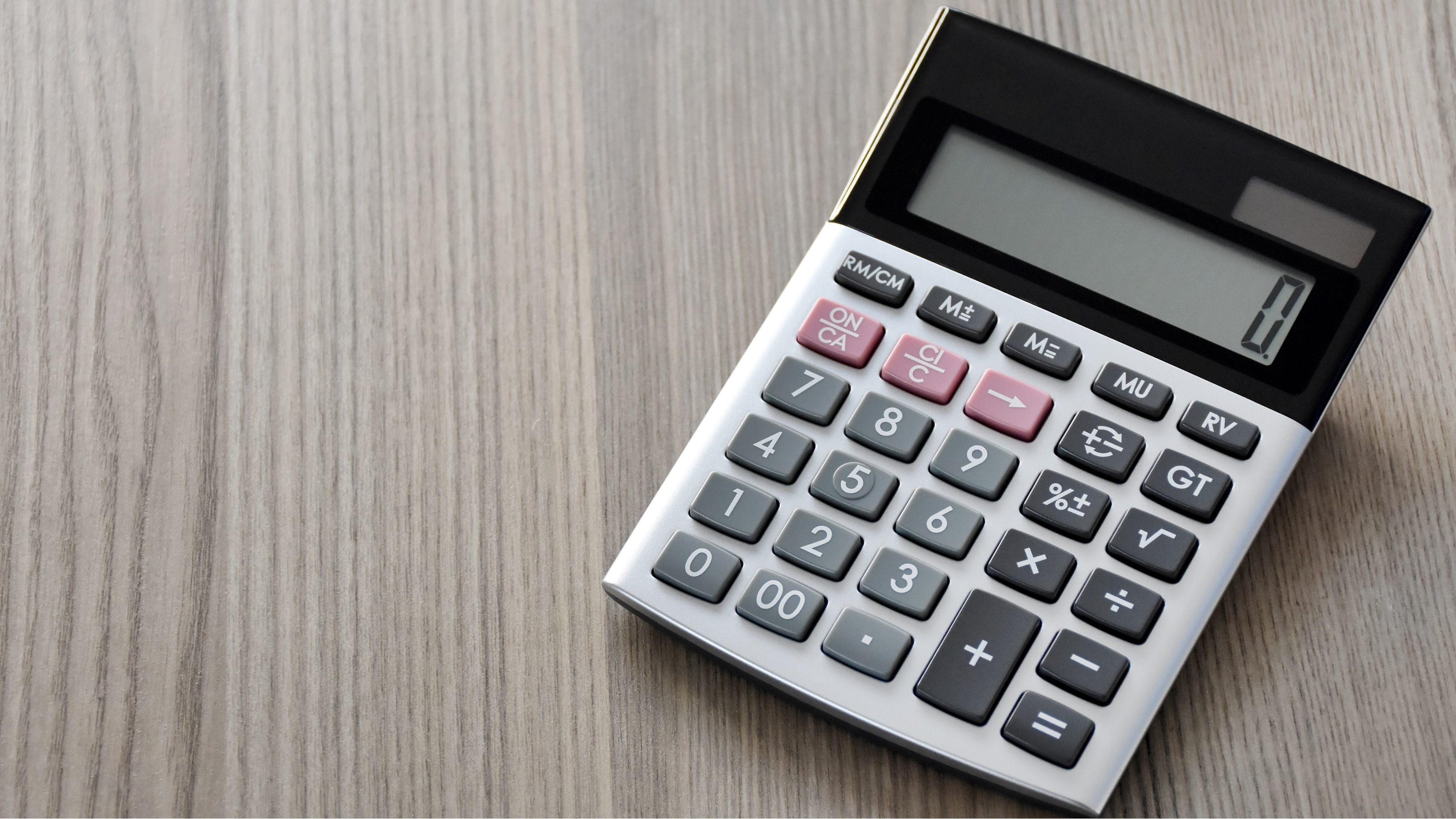All 30 Dow Jones Stocks Ranked: Buy, Sell or Hold?
Amazon.com, Microsoft and Walmart are Wall Street's top Dow Jones stocks to buy now. Some other names might surprise you.


Dow Jones stocks won't always keep up in a rising market, but you can't beat them when it comes to stability and defense in a down market.
Case in point: the "growthier" but riskier tech-heavy Nasdaq Composite lost more 3% for the year-to-date through late May, while the Dow Jones Industrial Average held up comparatively well. The elite bastion of 30 mostly more mature industry leaders shed a bit more than 2% over the same span.
You can credit the Magnificent 7 stocks for much of the Dow's recent outperformance.
Of the mega-cap tech names that drove the bulk of the bull market's returns – and had the farthest to fall when equities turned south – only Microsoft (MSFT), Apple (AAPL), Amazon.com (AMZN) and Nvidia (NVDA) can be found in the blue-chip average.
The fact that the Dow is weighted by price rather than market cap helped limit the damage done by the drawdowns seen in these massive stocks.
It's important to know the Dow's recent performance isn't abnormal. Half of the average's components are low-beta stocks. That means they tend to lag in up markets, but hold up better when everything is selling off.
This low-beta skew can have advantages for long-term investors.
After all, as bright a time as it's been for equity investors, downside risks very much remain.
A new international trade regime has injected uncertainty into both global financial markets and the global economy.
Recession fears are rising, with surveys of economists putting the odds of recession hitting in the next year at about 40%. The New York Fed's yield-curve model assigns about a 30% probability of the U.S. entering a recession over the next 12 months.
Should such a change in market fortunes come to pass ... well, that's where Dow Jones stocks come in.
Dow Jones stocks ranked
This collection of industry-leading companies and dividend growth stalwarts with their fortress-like balance sheets can offer relative stability in tempestuous market times.
From the best Dow dividend stocks to the most widely held blue chip stocks, components of the industrial average occupy top spots in the portfolios of hedge funds and billionaire investors.
Warren Buffett's Berkshire Hathaway (BRK.B), in particular, is a huge fan of select Dow stocks.
To get a sense of which Dow Jones stocks Wall Street recommends at an increasingly uncertain time for equities, we screened the DJIA by analysts' consensus recommendations, from worst to first, using data from S&P Global Market Intelligence.
Here's how the ratings system works: S&P surveys analysts' stock calls and scores them on a five-point scale, where 1.0 equals a Strong Buy and 5.0 is a Strong Sell. Scores between 3.5 and 2.5 translate into Hold recommendations.
Scores higher than 3.5 equate to Sell ratings, while scores equal to or below 2.5 mean that analysts, on average, rate shares at Buy. The closer a score gets to 1.0, the higher conviction the Buy recommendation.
In other words, lower scores are better than higher scores.
Please note that Nvidia replaced Intel (INTC) in the gauge in November, while paint maker Sherwin-Williams (SHW) was swapped in for chemicals company Dow (DOW).
Amazon.com (AMZN) was added to the Dow in February 2024, replacing Walgreens Boots Alliance (WBA).
See the table below for analysts' consensus recommendations on all 30 Dow Jones stocks, per S&P Global Market Intelligence, as of May 24, 2025.

Company (Ticker) | Analysts' consensus recommendation score | Analysts' consensus recommendation |
Travelers (TRV) | 2.63 | Hold |
American Express (AXP) | 2.50 | Hold |
Goldman Sachs (GS) | 2.48 | Buy |
International Business Machines (IBM) | 2.41 | Buy |
Amgen (AMGN) | 2.38 | Buy |
Nike (NKE) | 2.29 | Buy |
Verizon Communications (VZ) | 2.27 | Buy |
Johnson & Johnson (JNJ) | 2.25 | Buy |
Sherwin-Williams (SHW) | 2.17 | Buy |
3M (MMM) | 2.16 | Buy |
Chevron (CVX) | 2.13 | Buy |
JPMorgan Chase (JPM) | 2.12 | Buy |
Caterpillar (CAT) | 2.11 | Buy |
Apple (AAPL) | 2.09 | Buy |
Cisco Systems (CSCO) | 2.08 | Buy |
Honeywell International (HON) | 2.08 | Buy |
McDonald's (MCD) | 2.00 | Buy |
The Procter & Gamble (PG) | 2.00 | Buy |
Merck & Co. (MRK) | 1.96 | Buy |
Boeing (BA) | 1.90 | Buy |
UnitedHealth Group (UNH) | 1.85 | Buy |
Salesforce (CRM) | 1.84 | Buy |
Home Depot (HD) | 1.82 | Buy |
Walt Disney (DIS) | 1.73 | Buy |
Visa (V) | 1.68 | Buy |
Coca-Cola (KO) | 1.65 | Buy |
Nvidia (NVDA) | 1.52 | Buy |
Walmart (WMT) | 1.51 | Buy |
Microsoft (MSFT) | 1.42 | Strong Buy |
Amazon.com (AMZN) | 1.39 | Strong Buy |
Related Content
Profit and prosper with the best of Kiplinger's advice on investing, taxes, retirement, personal finance and much more. Delivered daily. Enter your email in the box and click Sign Me Up.

Dan Burrows is Kiplinger's senior investing writer, having joined the publication full time in 2016.
A long-time financial journalist, Dan is a veteran of MarketWatch, CBS MoneyWatch, SmartMoney, InvestorPlace, DailyFinance and other tier 1 national publications. He has written for The Wall Street Journal, Bloomberg and Consumer Reports and his stories have appeared in the New York Daily News, the San Jose Mercury News and Investor's Business Daily, among many other outlets. As a senior writer at AOL's DailyFinance, Dan reported market news from the floor of the New York Stock Exchange.
Once upon a time – before his days as a financial reporter and assistant financial editor at legendary fashion trade paper Women's Wear Daily – Dan worked for Spy magazine, scribbled away at Time Inc. and contributed to Maxim magazine back when lad mags were a thing. He's also written for Esquire magazine's Dubious Achievements Awards.
In his current role at Kiplinger, Dan writes about markets and macroeconomics.
Dan holds a bachelor's degree from Oberlin College and a master's degree from Columbia University.
Disclosure: Dan does not trade individual stocks or securities. He is eternally long the U.S equity market, primarily through tax-advantaged accounts.
-
 Ask the Editor — Tax Questions on Inherited IRAs
Ask the Editor — Tax Questions on Inherited IRAsAsk the Editor In this week's Ask the Editor Q&A, we answer tax questions from readers on the rules on inheriting IRAs.
-
 I Asked Experts When It's Worth Splurging on Beauty and Skincare — and When You Can Save
I Asked Experts When It's Worth Splurging on Beauty and Skincare — and When You Can SaveSmart Shopping Experts agree that while you don't have to spend three figures on your products, some higher-priced items have value.
-
 Recent Market Volatility Offers Valuable Lessons for Investors
Recent Market Volatility Offers Valuable Lessons for InvestorsStocks will always rise and fall, but strategic investors can benefit through dollar-cost averaging, rebalancing in down markets and taking the long view.
-
 Retiring Early? This Strategy Cuts Your Income Tax to Zero
Retiring Early? This Strategy Cuts Your Income Tax to ZeroWhen retiring early, married couples can use this little-known (and legitimate) strategy to take a six-figure income every year — tax-free.
-
 Ditch the Golf Shoes: Your Retirement Needs a Side Gig
Ditch the Golf Shoes: Your Retirement Needs a Side GigA side gig in retirement can help combat boredom, loneliness and the threat of inflation eroding your savings. And the earlier you start planning, the better.
-
 The Best Aerospace and Defense ETFs to Buy
The Best Aerospace and Defense ETFs to BuyThe best aerospace and defense ETFs can help investors capitalize on higher government defense spending or hedge against the potential of a large-scale conflict.
-
 Roth IRA Conversions in the Summer? Why Now May Be the Sweet Spot
Roth IRA Conversions in the Summer? Why Now May Be the Sweet SpotConverting now would enable you to spread a possible tax hit over more than one payment while reducing future taxes.
-
 A Financial Expert's Three Steps to Becoming Debt-Free (Even in This Economy)
A Financial Expert's Three Steps to Becoming Debt-Free (Even in This Economy)If debt has you spiraling, now is the time to take a few common-sense steps to help knock it down and get it under control.
-
 I'm an Insurance Expert: This Is How Your Insurance Protects You While You're on Vacation
I'm an Insurance Expert: This Is How Your Insurance Protects You While You're on VacationHere are three key things to consider about your insurance (auto, property and health) when traveling within the U.S., including coverage for rental cars, personal belongings and medical emergencies.
-
 Stock Market Today: It's 'Most Sectors Go' Ahead of Independence Day
Stock Market Today: It's 'Most Sectors Go' Ahead of Independence DayThe resilience trade continues to work, even for sectors and stocks with specific uncertainties.
